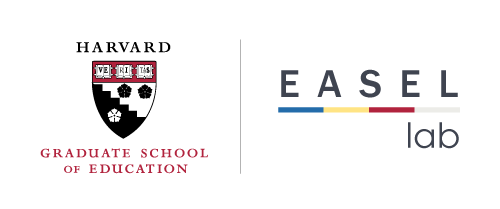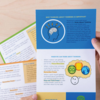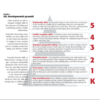Decades of research suggest that preparing children to be caring, ethical, contributing adults requires supporting them to develop social, emotional, and character skills that include focusing and deploying attention; understanding and managing emotions; empathizing with and respecting others; navigating social conflicts effectively; and standing up for principles of justice and fairness.
Throughout history, schools and community centers have served as an important context for building this combination of skills and habits. One common approach has been school and community-based prevention and intervention programs focused on an inter-related set of skills that generally fall under the headings of social and emotional learning (SEL), character education, bullying prevention, conflict resolution, 21st Century/life skills, youth development, and more. Among these approaches, those focused on SEL appear to have the largest and most rigorously evaluated evidence base.
Significant attention is frequently placed on the development and testing of comprehensive, often highly structured programs, but far fewer researchers and program developers prioritize the need for adapting and personalizing resources to maximize feasibility, sustainability, and impact in the long-run. Research has consistently demonstrated the relationship between effective program implementation and the adaptability and compatibility of SEL programs; however, the large majority of evidence-based SEL interventions do not provide flexibility, and they frequently view program adaptation as undermining fidelity and impact. Given the prescribed manner of traditional approaches, teachers infrequently have the freedom and flexibility to select the strategies that best fit the needs of their students (i.e., learning style, skill level, interest, etc.). Moreover, a number of other barriers – such as limited time and resources, lack of local buy-in, and poor integration into everyday practice – undermine efforts to bring more comprehensive SEL programming to scale, and these barriers are likely exacerbated in low-income and low-resource contexts.
There is now a pressing need to develop and test less intensive strategies that comprise an array of flexible and differentiated social, emotional, and behavioral supports, particularly for children exposed to poverty-related stressors and adverse experiences. These strategies can be designed to be adaptable to individual, classroom, and school-specific needs and easy to implement outside the context of a comprehensive program, while still achieving meaningful outcomes.
The Kernels project aims to develop and test a set of evidence-based kernels of practice that represent a smaller-scale, personalized approach to SEL, thereby increasing feasibility, sustainability, and impact across settings. Ultimately, our goal is to draw upon the pilots we have completed to date to further develop, refine, and test a set of kernels that can be deployed and effectively integrated into daily practices.
Funder






